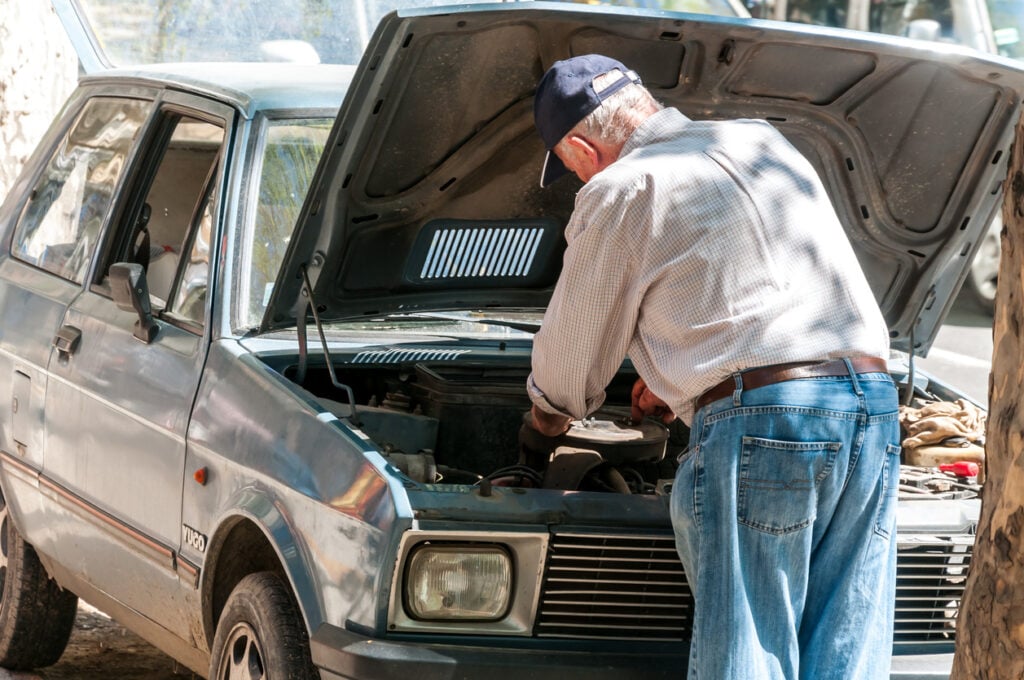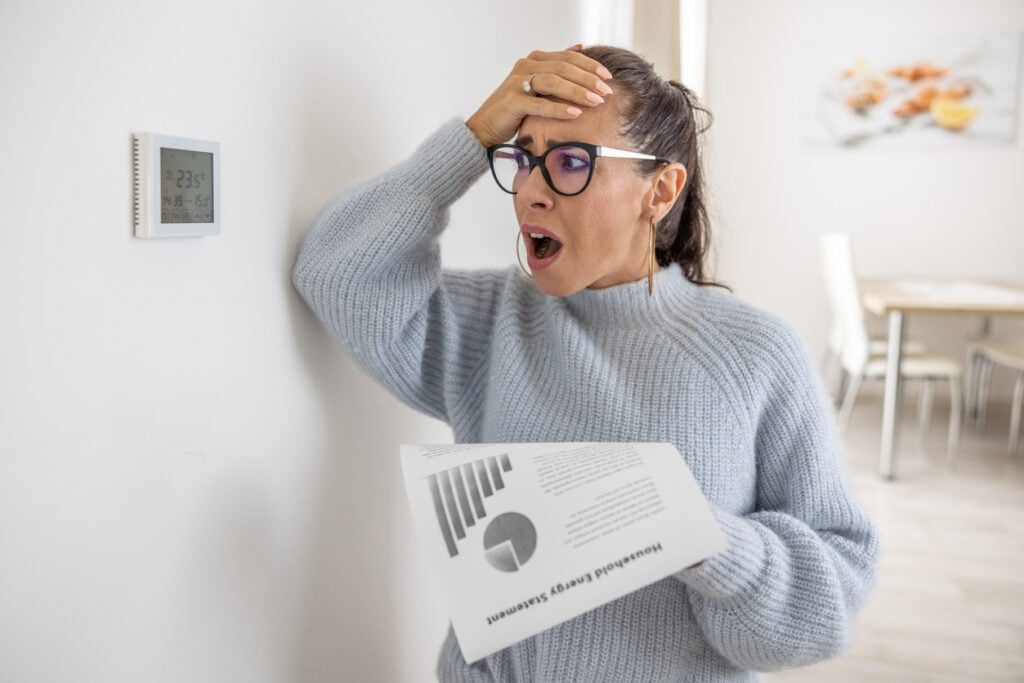Being cheap is not the same as being smart with your money.

The desire to be frugal in retirement is a smart and responsible impulse. After a lifetime of saving, the goal is to make that money last as long as possible. There is a dangerous line, however, where sensible frugality can morph into a counterproductive and even harmful level of cheapness. Some of the most common money-saving strategies can actually backfire, leading to higher future costs and a miserable quality of life.
These are the frugal habits that seem smart on the surface but can ultimately do more harm than good.
1. You skip your routine medical and dental checkups.

It can be tempting to save the cost of a co-pay by skipping a routine doctor’s visit or a six-month dental cleaning, especially if you are feeling fine. This is one of the most dangerous forms of false economy. These preventative appointments are designed to catch small problems before they become big, expensive, and life-threatening ones. A small cavity that is ignored can turn into a root canal, and an unmonitored chronic condition can lead to a catastrophic and incredibly expensive medical emergency down the road, according to Nasdaq. The small savings are not worth the massive long-term risk.
2. You delay all major home and car repairs.

That small leak in the roof or the strange noise your car’s engine is making can be easy to ignore when you are on a tight budget. The problem is that small problems almost always become big, expensive ones if they are not addressed. A minor roof leak can lead to thousands of dollars in water damage and mold remediation. A small car problem can lead to a complete breakdown that leaves you stranded. Delaying essential maintenance is a frugal strategy that almost always ends up costing you far more money in the long run, as reported by Yahoo! Finance.
3. You do dangerous diy projects to save on labor costs.

There is a huge difference between a simple DIY project and a dangerous one. Trying to save money by doing your own electrical work, climbing a rickety ladder to clean your own gutters, or attempting other risky repairs is a terrible idea for a retiree. The potential cost of a fall or a serious injury—both in medical bills and in a permanent loss of mobility—is infinitely higher than the few hundred dollars you might save by not hiring a professional, Kinda Frugal shared. Your health and safety are your most valuable assets in retirement.
4. You cancel all your social outings and hobbies.

One of the easiest ways to cut a budget is to eliminate all the “fun stuff,” like weekly coffee with friends, a club membership, or tickets to a local concert. While this will save you money, the long-term cost to your mental and physical health can be devastating. Social isolation is a major health risk for seniors, and it is directly linked to higher rates of depression, cognitive decline, and even a shorter lifespan. The cost of staying connected to your community is a necessary and vital expense.
5. You only buy the cheapest, most processed foods.

A diet based on cheap, processed, and non-perishable foods is one way to lower your grocery bill. It is also a recipe for poor nutrition and long-term health problems. A lack of fresh fruits, vegetables, and lean proteins can contribute to a host of chronic diseases, from heart disease to diabetes, all of which come with their own massive medical costs. Investing in healthy, nutritious food is one of the best investments you can make in your own long-term health and well-being, and it will likely save you money on healthcare down the road.
6. You keep your thermostat at an unsafe temperature.

Trying to save money on your utility bills by keeping your home uncomfortably cold in the winter or dangerously hot in the summer is a common but risky frugal strategy. For older adults, this can be particularly dangerous. Keeping your home too cold can increase your risk of respiratory illnesses and can be very dangerous for your cardiovascular system. Keeping it too hot can lead to dehydration and a life-threatening heatstroke. Your safety and health are more important than a few dollars saved on the energy bill.
7. You choose the cheapest possible medicare plan.

Navigating the world of Medicare is incredibly complex, and it can be tempting to simply choose the Medicare Advantage plan with the lowest monthly premium. This is often a huge mistake. These plans can have very high deductibles and co-pays, and a very narrow network of doctors and hospitals. This can leave you with massive out-of-pocket costs if you get sick or can prevent you from seeing the specialists you need. Choosing the right health plan is about the total cost, not just the monthly premium.
8. You refuse to ever spend your principal savings.

Some retirees are so terrified of running out of money that they refuse to touch the principal of their savings, trying to live only on the interest and dividends. While this is a very conservative approach, it can also lead to a needlessly deprived and miserable retirement. You have worked your entire life to save this money for this specific purpose: to be used and enjoyed in your retirement. There is a real risk of living a life of extreme and unnecessary austerity, only to die with a huge sum of money left in your account.
9. You sell your only car and become trapped at home.

Getting rid of a car can save you a lot of money on gas, insurance, and maintenance. However, if you live in a suburban or rural area without excellent public transportation, which is most of America, this can be a decision that completely destroys your independence. Without a car, it can become difficult to get to doctor’s appointments, to buy groceries, or to visit friends. This can lead to a life of forced isolation, a terrible price to pay for the savings.
10. You don’t invest in necessary, modern technology.

Refusing to buy a smartphone or to upgrade an ancient, slow computer might seem like a good way to save money and to reject the complexities of the modern world. In 2025, however, this is a decision that will cut you off from essential services. So much of modern life, from telehealth doctor’s appointments and online banking to simply staying connected with your grandchildren on FaceTime, now requires a basic level of modern technology. Not investing in these tools is a form of forced isolation.
11. You cancel your homeowner’s or renter’s insurance.

For those on a very tight budget, an insurance premium can feel like a painful and unnecessary expense, especially if you have never had to file a claim. Canceling your homeowner’s or renter’s insurance to save a few hundred dollars a month is one of the riskiest financial decisions you can possibly make. It leaves you completely exposed to a catastrophic financial loss. A single fire or a major liability claim could wipe out your entire net worth and leave you with nothing, a devastating risk that is not worth the small savings.
